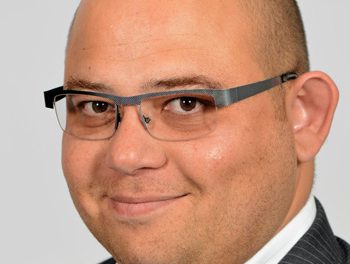
This week in the Khuta – My Swansong
I do not know how to begin to write this. Usually I overflow with ideas on what to say and how to say it, but writing this piece is difficult. I hate saying goodbyes but the time has come for me to leave the Economist and as they say “spread my wings”. I still remember the first day when I came to work for the Economist (my first real job).
When I joined the Economist for the first time in October 2008, I was an inexperienced student, learning the ropes inone of the most cut-throat industries in the world. At times I wondered how a person who is an introvert by nature, was going to cope in an industry which most people consider to be for “outgoing, talkative, spontaneous” people. But because I have a passion for writing, I decided to stick it out. At first it was so awkward that I was ready to flee whenever the boss called me to his office over a mistake I have made in an article or over something I had written that my sources did not like. It was like being called to the principal’s office. Since then, however, I have managed to crawl out of my cocoon and I have to say, I have managed to ditch a lot of that shyness…
Looking back, I am glad I stuck it out. I learned so much over the past four years – both life lessons as well as professional lessons. It also helped that I had one of the best people in the business as a mentor: Mr Daniel Steinmann. The most important thing I’ve learned from him is that it does not matter what people say or think about you, what matters is what you think about yourself.Another lesson I learned during my time at the Economist is that you never misquote a source in an article and if you happen to make factual mistakes, you have to correct them as soon as possible so as to maintain good relationships with your sources.
The Economist is a highly respected newspaper in the financial circles so it was quite a challenge for me to write about economic and financial issues. I had no clue about where to start, but thanks to my fellow colleagues and editor, I think I got a handle on it. I am also very grateful to all my sources who had the patience to answer my questions even when some of them were off topic. I think I have been able to report objectively and accurately on issues and I am proud of my record at the Economist. However, I had to correct stories a few times but that is part of the learning process. I thank all the sources in my network for their assistance. Let’s continue to work together and build further on our relationship.
I would also like to thank my colleagues; I could not have asked for a better team to work with. I will surely miss my time with all of you. Keep taking the newspaper to greater heights.
This is my “swansong”, my final piece… for the Economist.
Dasvidaniya!











































